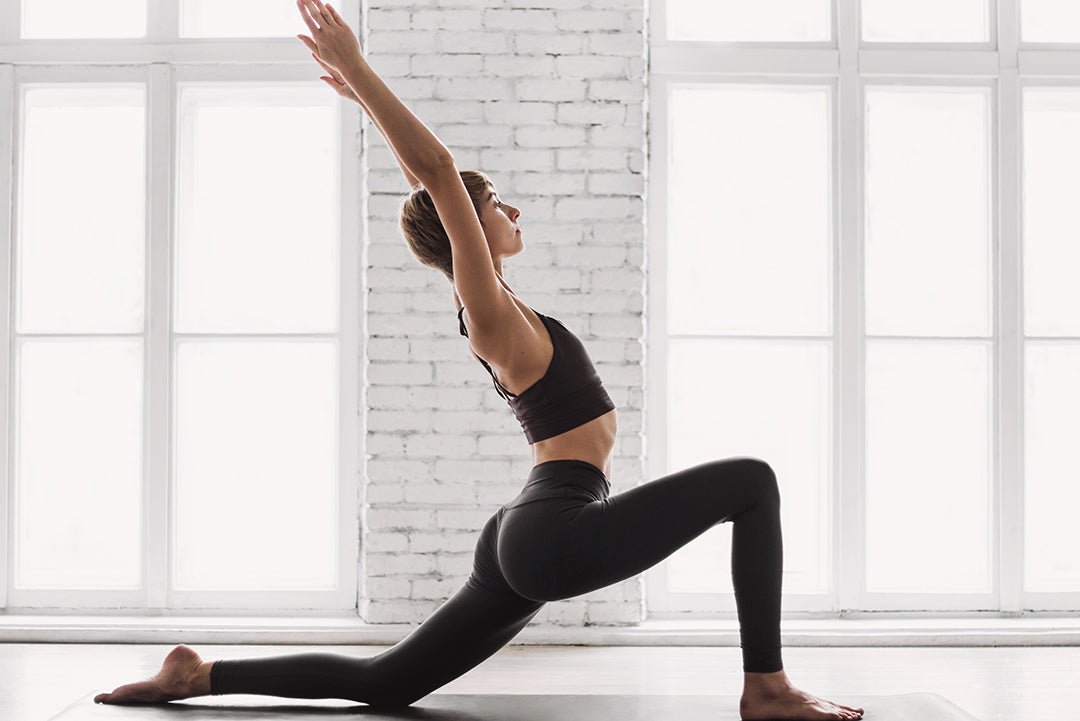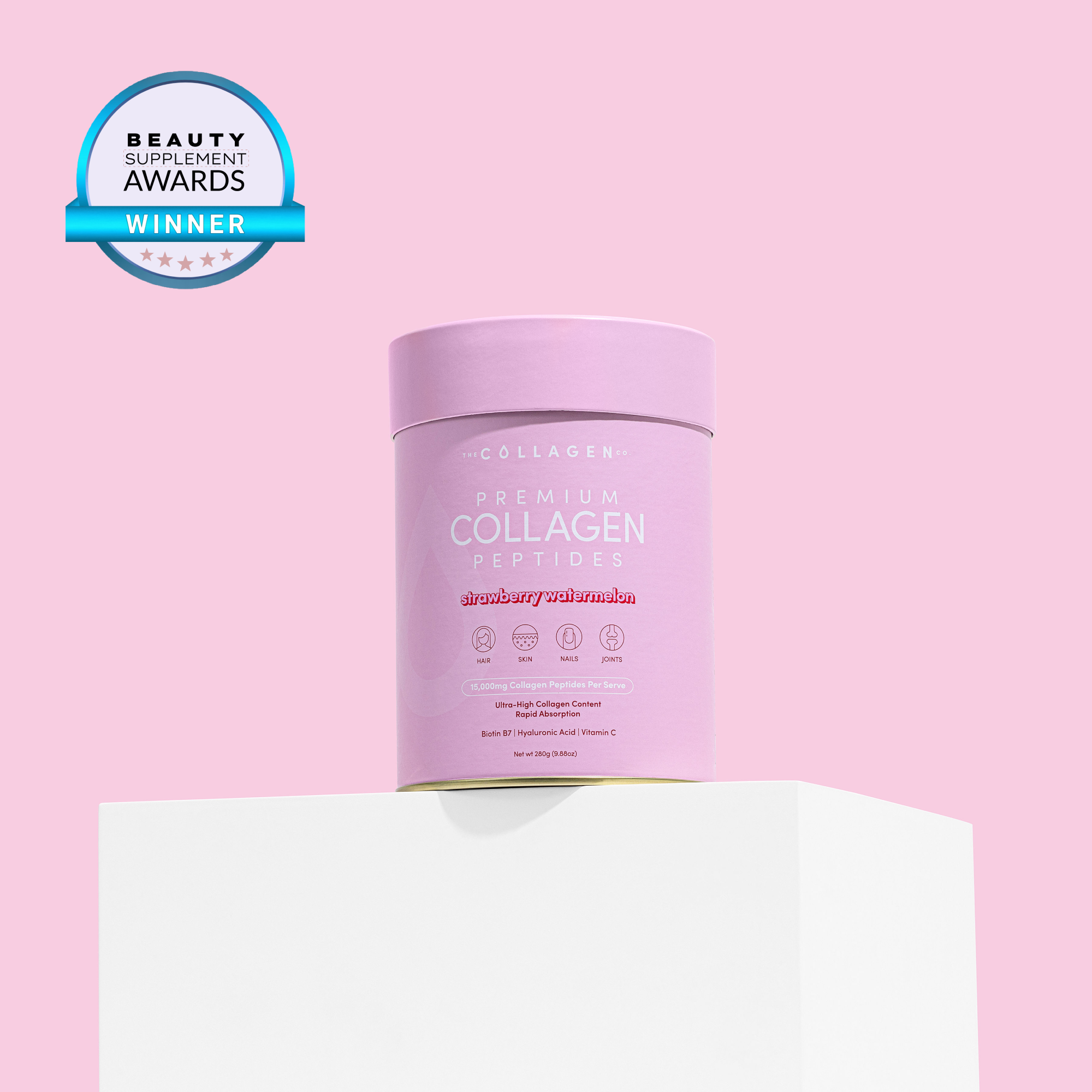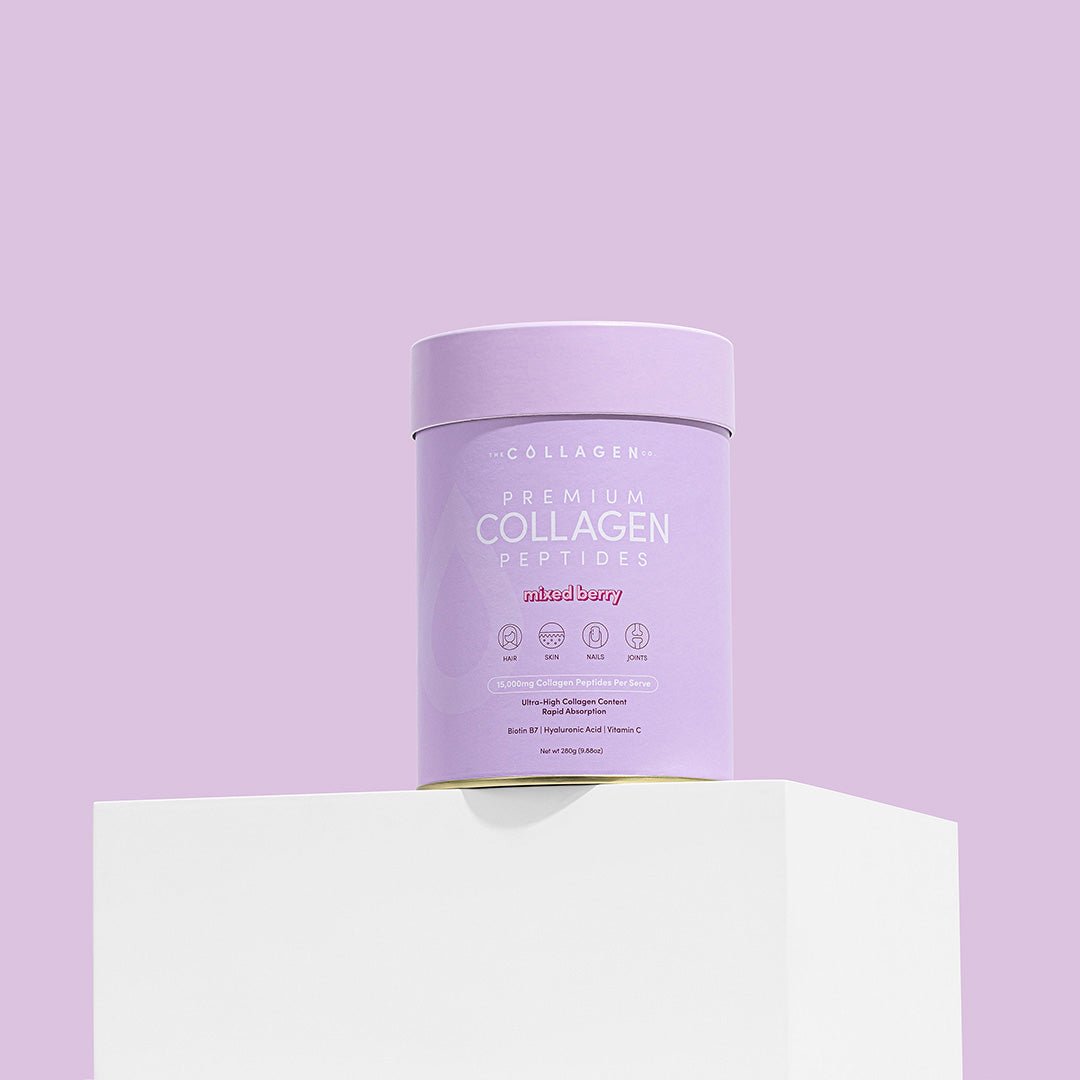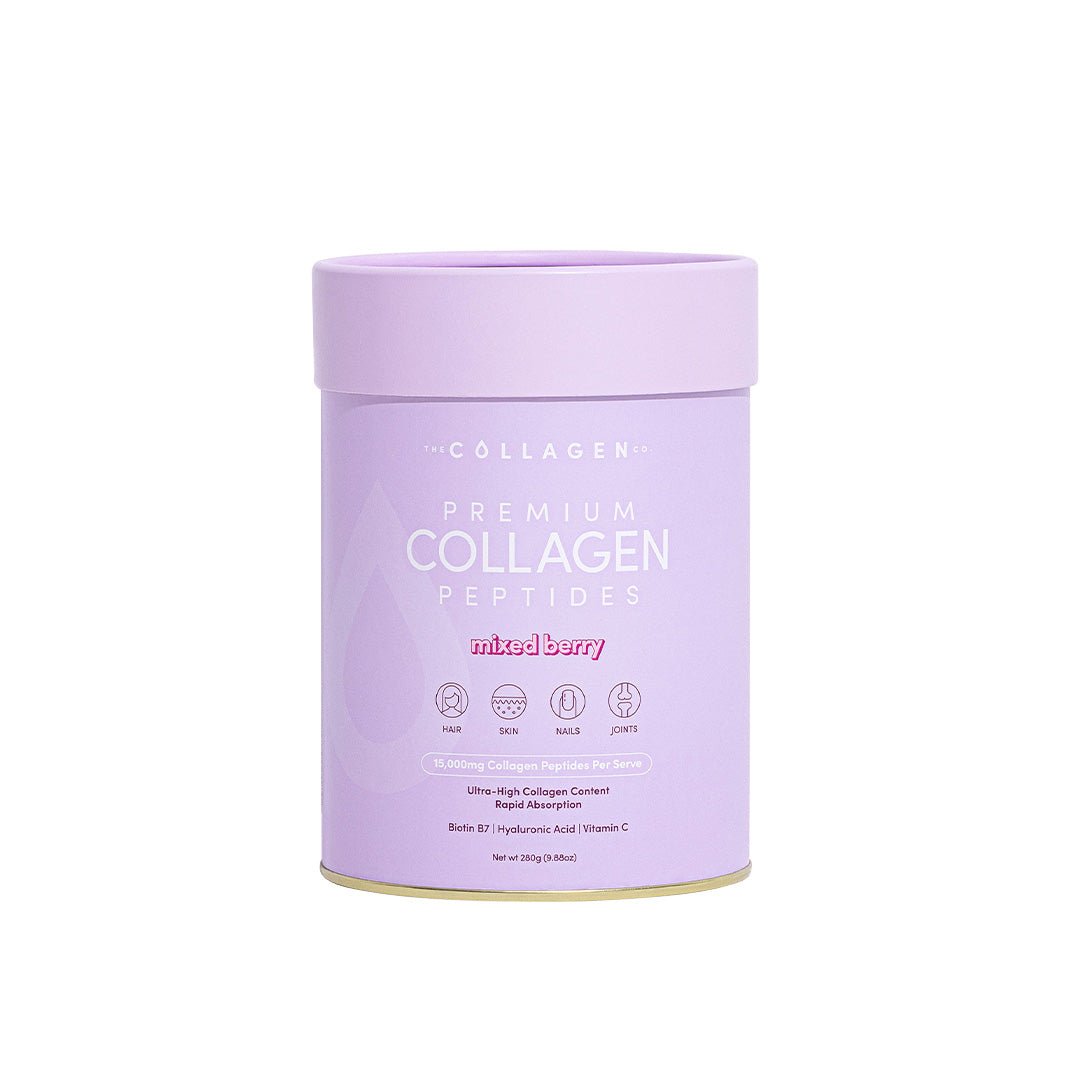Why Collagen Is Important In Connective Tissue Health
Posted 28th August 2020

Collagen supplements and products have exploded on the market over the last few years. Before running over where the research sits and why you might want to consider using a Collagen product, let’s get the lowdown on all things collagen.
Firstly, what is collagen? Our bodies naturally produce collagen, it is one of the most abundant proteins in the body and is a key building block of bones, cartilage, skin, tendons and ligaments. As the body ages, collagen production in the body naturally starts to decline. Over the last few years there has been some exciting research emerge linking collagen supplementation with improved recovery in connective tissue injuries, something that could be a game changer for individuals managing acute or chronic connective tissue injuries like ligaments and tendons, or for those prone to injury. There is also some research starting to emerge about the potential use of collagen in injury prevention, as opposed to just the rehabilitation process – watch this space!
Musculoskeletal injuries refer to injuries to muscles, tendons or ligaments, also known as connective tissues, and make up about 70% of injuries in elite athletes. As mentioned, collagen is a key building block of these connective tissues, adding strength and stiffness to the extra cellular matrix (ECM), a structure that provides support to these tissues which is really important. Weakness in the ECM is a key injury risk factor. While there’s no magic pill when it comes to injury repair, research has shown that collagen supplementation has the potential to increase the strength of the ECM and potentially prevent musculoskeletal injuries that occur due to weakness, as well as speed up recovery when injured.
While animal-based high protein foods naturally contain collagen, the amounts in food can be highly variable. When it comes to collagen for injury repair, dose and timing is critical. Research has shown that collagen in supplement form is bioavailable (meaning it is readily absorbable), and is also absorbed best when combined with a source of vitamin C. When it comes to selecting a high quality collagen, look for a hydrolysed collagen like The Collagen Co. Hydrolysed simply means the process used in manufacturing make the amino acid chains smaller and more bioavailable for the body to uptake, digest and utilise.
Timing of collagen supplements is also crucial to consider. Collagen has to be available in the bloodstream prior to the loading exercise to maximise absorption. During exercise, connective tissue acts like a sponge to a certain degree, pulling fluids in. If that fluid is high in collagen, then it will be available to be drawn into the tissue and be utilised to strengthen the ECM, assisting injury repair. If collagen supplements are not taken close to loading or the workout then it is likely the supplement won’t be as effective.
If you are considering using a collagen supplement in the prevention or injury management space, touch base with an Accredited Sports Dietitian so you can ensure you are taking it in the optimal dose and at the right times. There are also different recommendations for an acute musculoskeletal injury versus a chronic injury in the doses of collagen supplementation, which an Accredited Sports Dietitian can assist you with so you get the most bang for your buck out of your collagen supplement!









































